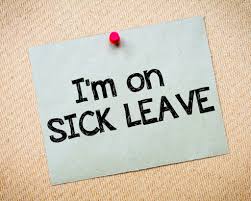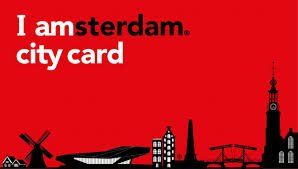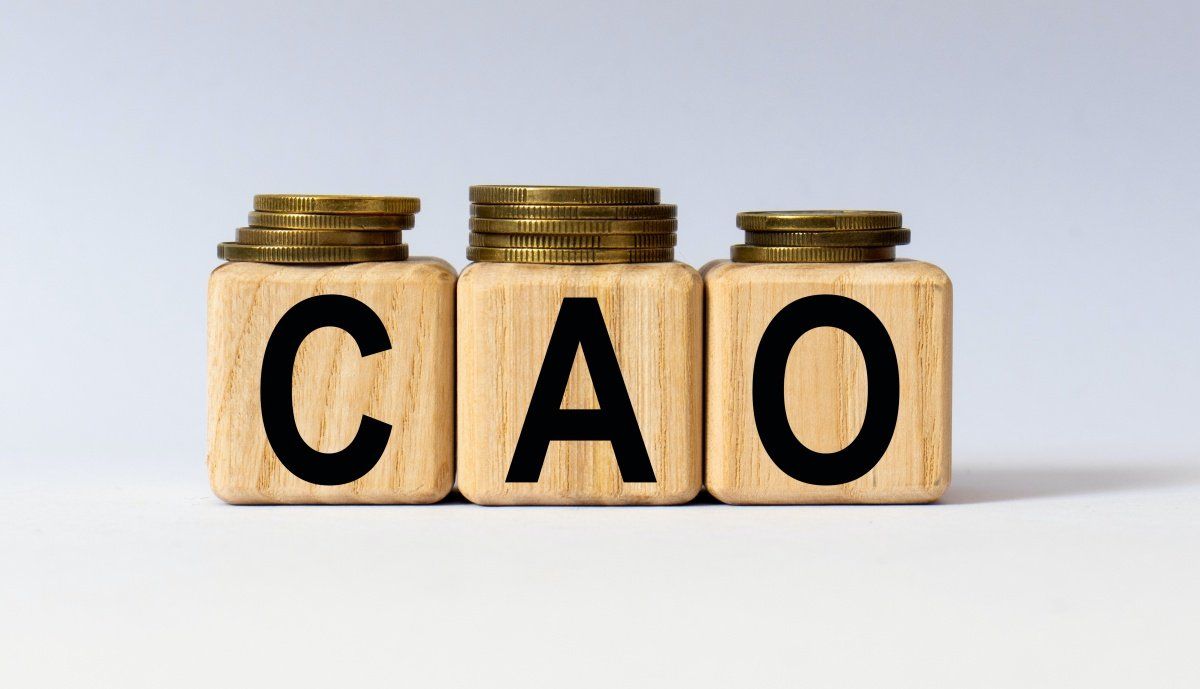Rent a house
Rent a house
There are two ways to rent a house in the Netherlands. There is a choice between social housing and free sector renting. Below we explain the differences. We also explain how you can find a rental house in The Netherlands with the best landlords.
Free sector rent
There are quite a lot of rental properties to find in the free sector. A property in the free sector is especially useful if you:
- Are not sure in which region you want to live and first want to explore the area for a while
- Want to be flexible where you want to live
- Are not currently eligible for social housing
- Are currently unable to buy a house
- Want a good quality house, a social rental home is usually of inferior quality.
You usually enter into a contract for a rental home for one year. After that, you can terminate the contract every month. This does vary per contract, so be sure to read it carefully before signing it.
You also have to give a deposit once you sign a contract. This is often one month's rent, but in some cases even two or three months' rent.
The costs of a free sector living vary enormously. For example, a one bedroom flat in Amsterdam can cost EUR 800 per month. A house with 3 bedrooms in Utrecht, for example, costs EUR 1.100 per month. The rental price of a property is entirely up to the landlord to decide. There is no maximum rent. Your rent may increase each year, but not without limitation. The government imposes rules with maximum increase.
Below is a list of landlords with the largest supply in The Netherlands. To visit their website click on the landlords name:
The landlord is obliged to offer you a well-maintained property. If something is broken, you should call the landlord. They will then send a repair person to your rental property. The repair of your house is always free of charge.
Social housing
Social housing is for people with a lower income. If you have a high income, you are not eligible for social housing. Below are the maximum annual incomes to qualify for a social rental house.
- Do you want to rent by yourself? Then you may at the time of the rental application earn no more than EUR 40,765 per year (2022).
- Would you like to rent with your partner? Then your joint annual income at the time of the rental application may not exceed EUR 45,014 per year (2022).
These limits only apply at the time you apply for a rental house. Once you have signed the contract for a social rental house, it no longer matters how much you earn per year.
To be eligible for a social rental house, you have to register on woningnet.nl. There are 14 regions at woningnet.nl. You register with the region where you want to live. You can also register with multiple regions on woningnet.nl. The cost per registration is EUR 20. So if you register with 3 regions, for example, it will cost you EUR 60. You have to renew your registration every year. These costs are also EUR 20.
You search for a rental property by logging onto woningnet.nl. That way, you can see all the rental properties that are available at that time. You can respond to a property via the website. There will be several people who respond to a property. You can immediately see in which position you are. The longer you are registered, the more chance you have of finding a residence. The first 10 candidates are invited for a visit to the house.
When you are assigned a social rental house, you have to hand over a number of forms to the landlord. Then they will check whether you are eligible for the house.
- copy of your passport
- copy of your residence permit
- income statement or final assessment from the tax authorities over the past year. You can request this directly by logging in with your DigiD on the website of the tax authorities: mijn.belastingdienst.nl
- Your current income over the last three months
- Your historical extract from the Basic Registration of Persons of your municipality
- A declaration of candidate PART 1. You must always fill in this form. On this form you declare your current living situation and who will be moving with you.
You do not have to give a deposit in case of social rental housing. You are always required to do so for rented accommodation in the free sector.
You have to buy the furniture and the floor yourself, unless you have an agreement with previous tenant to purchase theirs which is currently in the propery (e.g. flooring, curtains, units etc). All other things will be fixed or repaired for free by the landlord. When, for example, something is broken in the house, you call the landlord. They will then send a repair person who will fix it for you free of charge. That is one of the advantages of social housing.
Another advantage is that if you don't have enough income, your rent is partly paid by the government. This is done in a monthly subsidy.
The maximum rent for 2022 is EUR 763.47. Normally the rent is a lot lower, but it depends the size of the living. The monthly amount is increased every year by approximately 1% or 2%.




Sign up for newsletter
Thank you, we keep in touch!
Probeer het later opnieuw.












